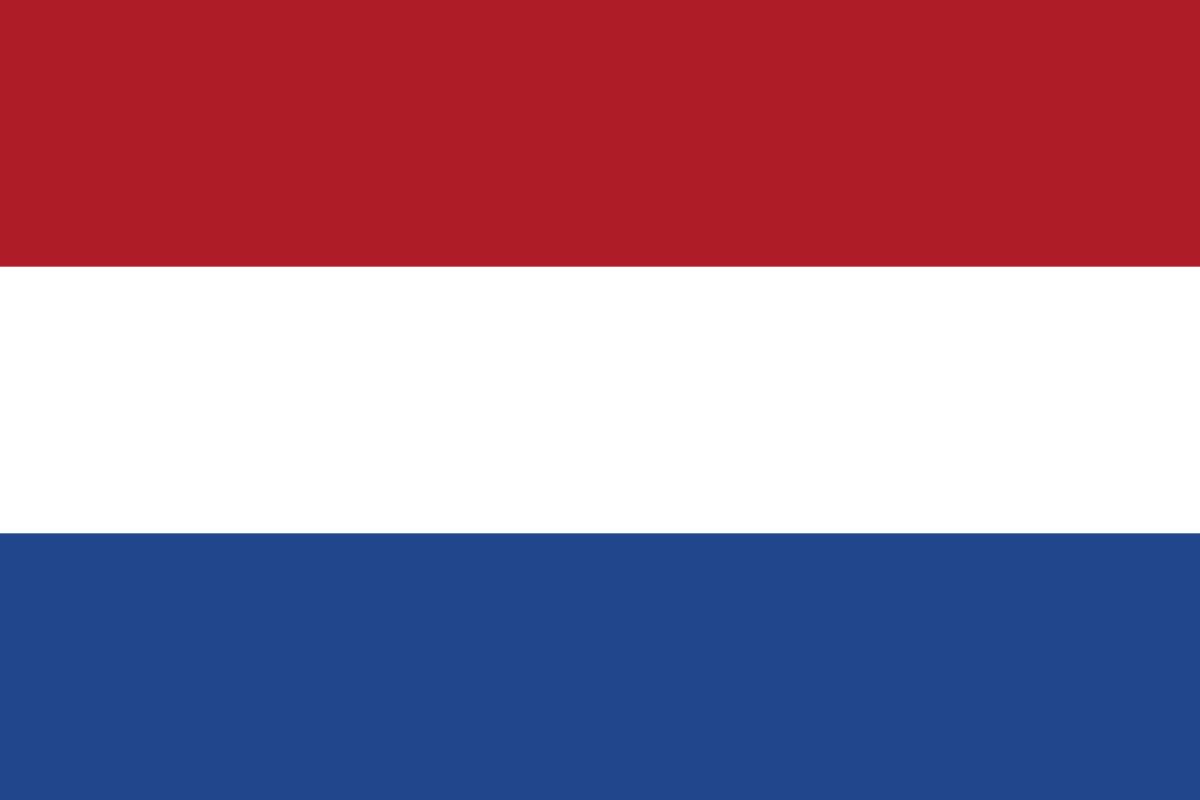


Wieger Wamelink
Wieger Wamelink is an ecologist and senior researcher working at the intersection of nature, agriculture, and space exploration. He gained international recognition for his groundbreaking research into the possibility of growing food on Mars and the Moon.


About Wieger Wamelink
Dr. Wieger Wamelink works as ecologist at Wageningen University & Research (WUR) in the Netherlands. As senior researcher he works on the effects of nitrogen deposition and climate change on biodiversity, especially on plant species. He is also one of the caretakers of the nature gardens on the Wageningen campus and as campus ecologist responsible for the management of the green areas on the campus.
In 2013 Wieger started Food For Mars and Moon (FFMM) with as goal to grow crops on Mars and the moon applying the regoliths and ice present at the moon and Mars. The research includes the effects of heavy metals present in the regoliths on the growth, effect of cosmic radiation on the plant growth, the application of human faeces as manure and the need to bring worms, bacteria and pollinators to create a sustainable closed agricultural ecosystem. The research recently expanded to grow mealworms on crops grown on Mars regolith simulant as an addition to astronaut’s meals and to circulate plant waste. To boldly grow where no plant has grown before.
Dr. Wieger Wamelink works as ecologist at Wageningen University & Research (WUR) in the Netherlands. As senior researcher he works on the effects of nitrogen deposition and climate change on biodiversity, especially on plant species. He is also one of the caretakers of the nature gardens on the Wageningen campus and as campus ecologist responsible for the management of the green areas on the campus. In 2013 Wieger started Food For Mars and Moon (FFMM) with as goal to grow crops on Mars and the moon applying the regoliths and ice present at the moon and Mars.
Specialist Subjects
Videos




